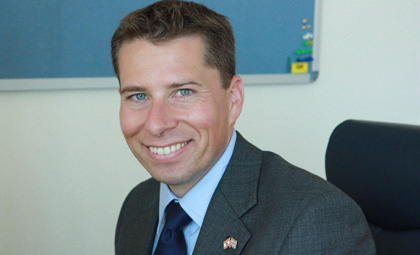
Palestinian-American Rashida Tlaib and Somali-American Ilhan Omar have become the first Muslim women elected to US Congress.
Tlaib took Michigan’s 13th congressional district in a race in which she was the sole major party candidate. Omar won Minnesota’s strongly Democratic fifth congressional district, replacing the first Muslim congressman, Keith Ellison, who vacted his seat to run in the state’s attorney general race.
Who are Rashida Tlaib and Ilhan Omar?
Tlaib, 42, was born in Detroit to Palestinian immigrant parents.
She made history in 2008 by winning a seat on the Michigan Legislature, becoming the first Muslim woman to do so.
Her campaign platform included pledges to secure a $15 minimum wage, preventing cuts to welfare programmes, such as Medicare and Social Security, as well as stopping tax relief to large corporations.
Omar, who arrived in the US at the age of 14 after fleeing civil war in Somalia, campaigned on a similarly progressive platform, which calls for universal healthcare and tuition-free colleges.
She said her political life began attending local Democratic Farmer Labor party caucuses with her grandfather after arriving in the US.
Congratulations to my sister @RashidaTlaib on your victory!
I cannot wait to serve with you, inshallah. ??
— Ilhan Omar (@IlhanMN) November 7, 2018
Islamophobia
The pair’s election to the US House of Representatives comes amid widespread negative feeling against American-Muslims by their compatriots.
A study released last week by the New America Foundation and the American Muslim Institution found around two in five Americans thought Islam was incompatible with American values, and that a similar number believed Muslims were not as patriotic as other citizens.
US Muslim civil rights groups say a lot of anti-Muslim rhetoric comes from the media, as well as the country’s political establishment.
Researchers found that people identifying as Republicans were most likely to hold negative ideas about Islam and Muslims.
Another recent report, published by Muslim Advocates, found more than 80 instances of political candidates using anti-Muslim rhetoric in 2017 and 2018.












